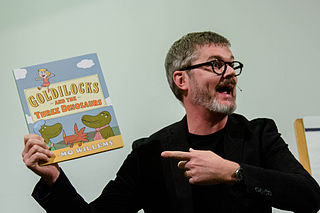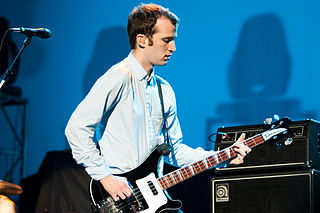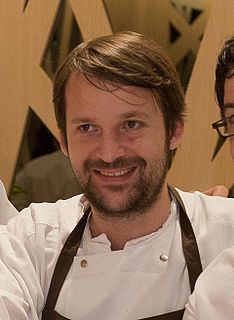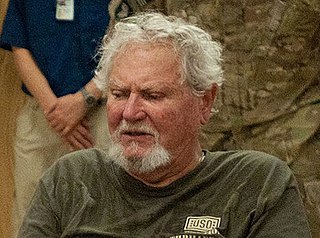A Quote by Irvine Welsh
When you start off with your first book, people assume that you're like all the characters in the book - and it does complicate things, when you're being constantly bombarded with it, but you have to embrace it.
Related Quotes
People come, people go – they’ll drift in and out of your life, almost like characters in a favorite book. When you finally close the cover, the characters have told their story and you start up again with another book, complete with new characters and adventures. Then you find yourself focusing on the new ones, not the ones from the past.
A book, being a physical object, engenders a certain respect that zipping electrons cannot. Because you cannot turn a book off, because you have to hold it in your hands, because a book sits there, waiting for you, whether you think you want it or not, because of all these things, a book is a friend. It’s not just the content, but the physical being of a book that is there for you always and unconditionally.
Make sure your characters are worth spending ten hours with. That’s how long it takes to read a book. Reading a book is like being trapped in a room for ten hours with those characters. Think of your main characters as dinner guests. Would your friends want to spend ten hours with the characters you’ve created? Your characters can be loveable, or they can be evil, but they’d better be compelling. If not, your reader will be bored and leave.
You all know that certain things are necessary to make a religion. First of all, there is the book. The power of the book is simply marvellous! Whatever it be, the book is the centre round which human allegiance gathers. Not one religion is living today but has a book. With all its rationalism and tall talk, humanity still clings to the books. In your country every attempt to start a religion without a book has failed. In India sects rise with great success, but within a few years they die down, because there is no book behind them. So in every other country.
When you're a music director, you have people constantly sending you music and trying to get - I mean, I'm sure you have the exact same thing when you do a magazine - that you have people constantly wanting to get your attention. And I think I learnt a lot from being on that end of things, when I was trying to book the tour, the first tour we did.
There were times when I thought I had to be completely off-book and ready to give my opening night performance at the audition, but then I swung back to a more relaxed view of it. Certainly you've looked at the material and prepared it, but there's no reason to be off-book. You're not getting points for being off-book.
(in response to the question: what do you think of e-books and Amazon’s Kindle?) Those aren’t books. You can’t hold a computer in your hand like you can a book. A computer does not smell. There are two perfumes to a book. If a book is new, it smells great. If a book is old, it smells even better. It smells like ancient Egypt. A book has got to smell. You have to hold it in your hands and pray to it. You put it in your pocket and you walk with it. And it stays with you forever. But the computer doesn’t do that for you. I’m sorry.
All morning I struggled with the sensation of stray wisps of one world seeping through the cracks of another. Do you know the feeling when you start reading a new book before the membrane of the last one has had time to close behind you? You leave the previous book with ideas and themes -- characters even -- caught in the fibers of your clothes, and when you open the new book, they are still with you.
We're at a point nowhere it has to change. We have characters that are not alive that are alive in the book. We have characters that never appeared in the book. We have a lot of events that didn't quite happen the same way in the book. But there's so much in the book, stuff we've passed in the timeline that I really thought was awesome, that I really wanted to get to.






































